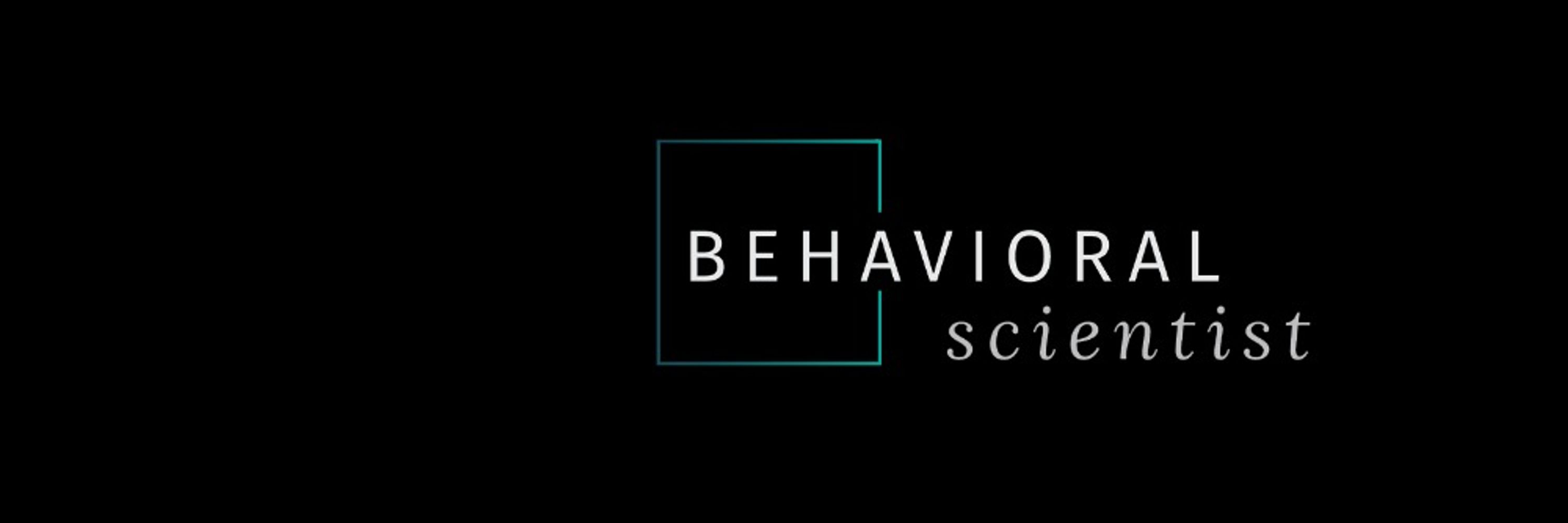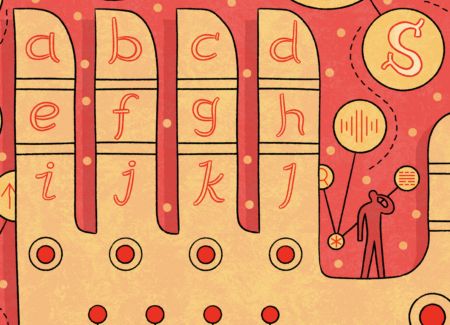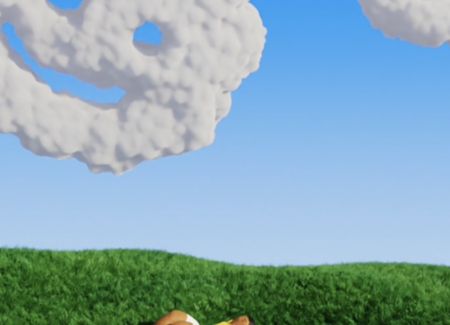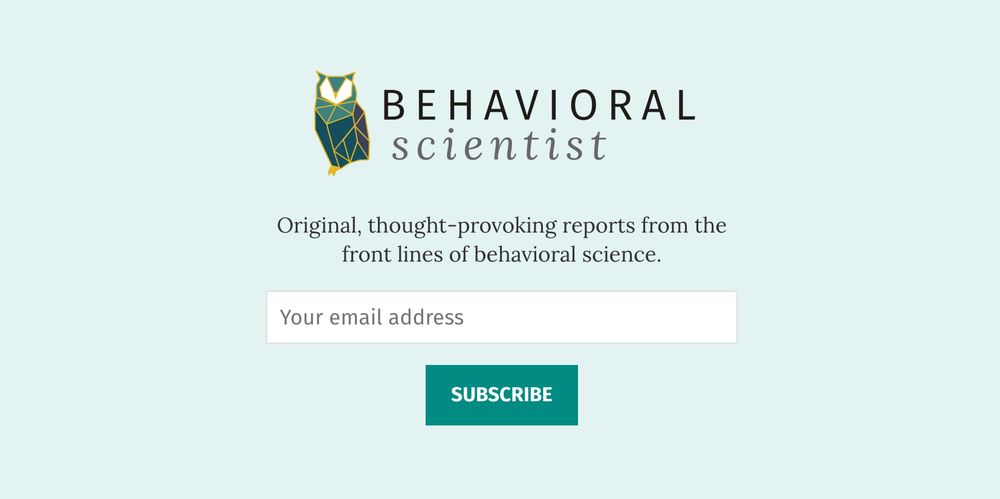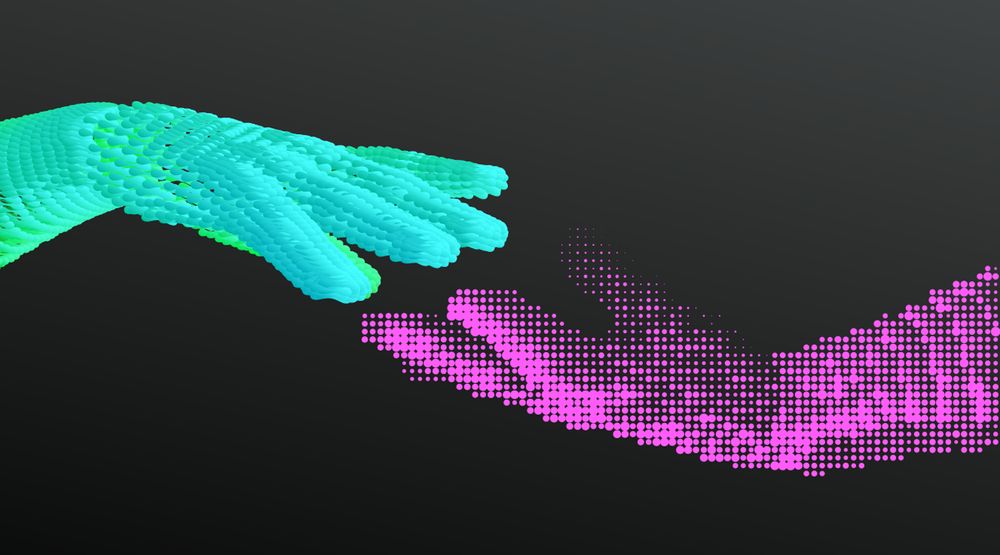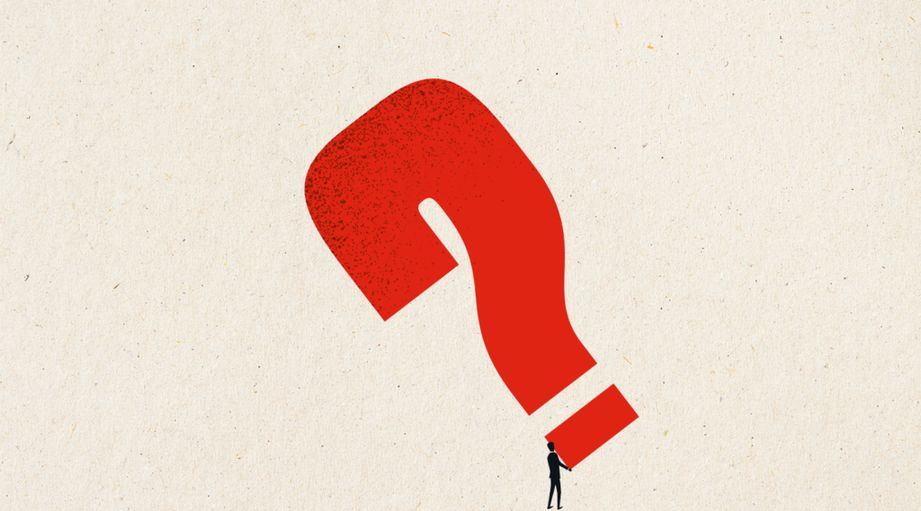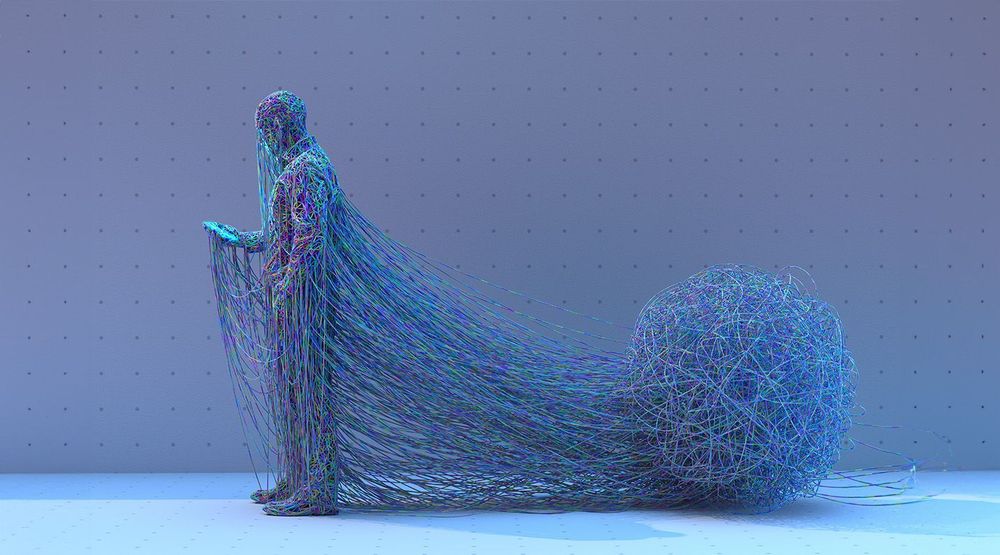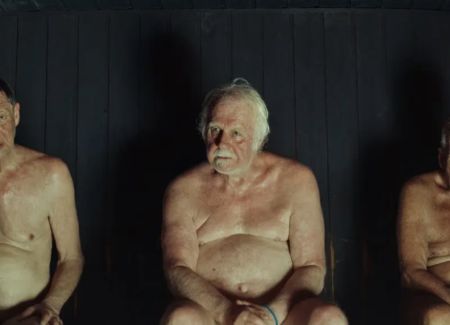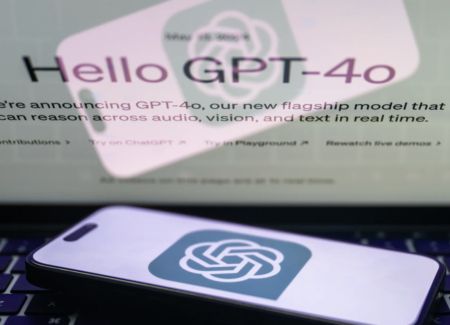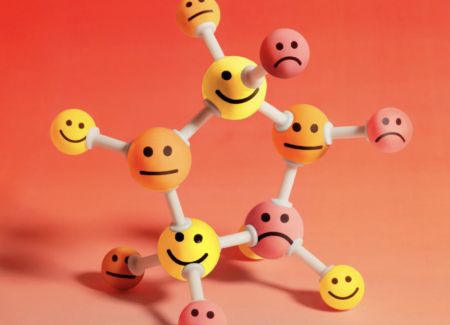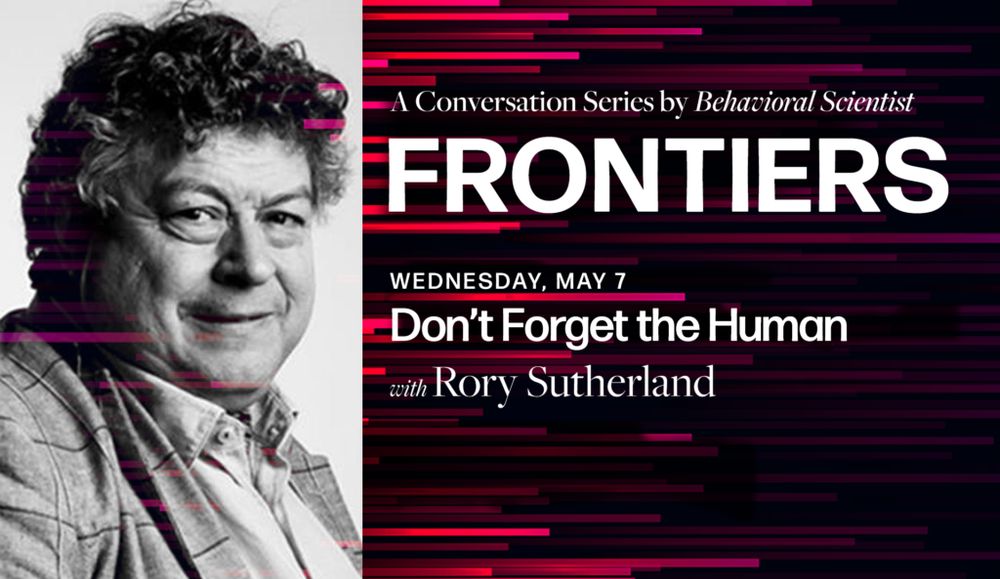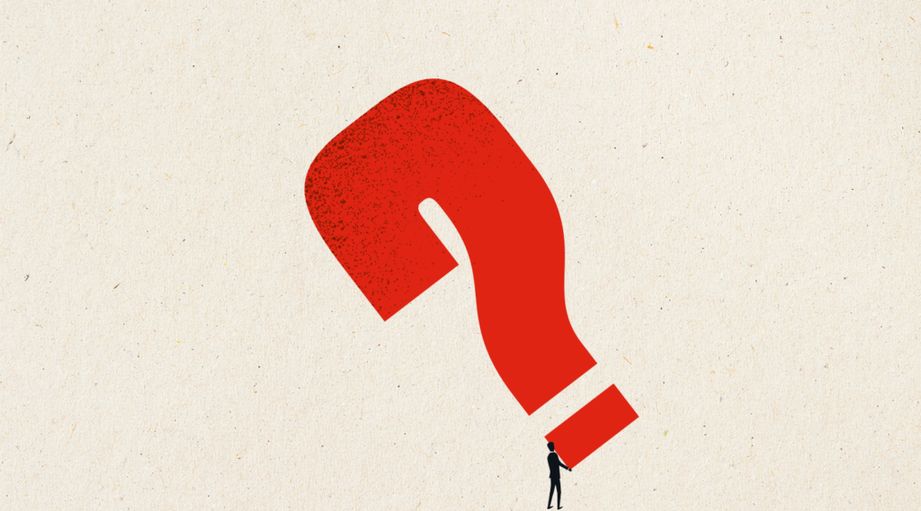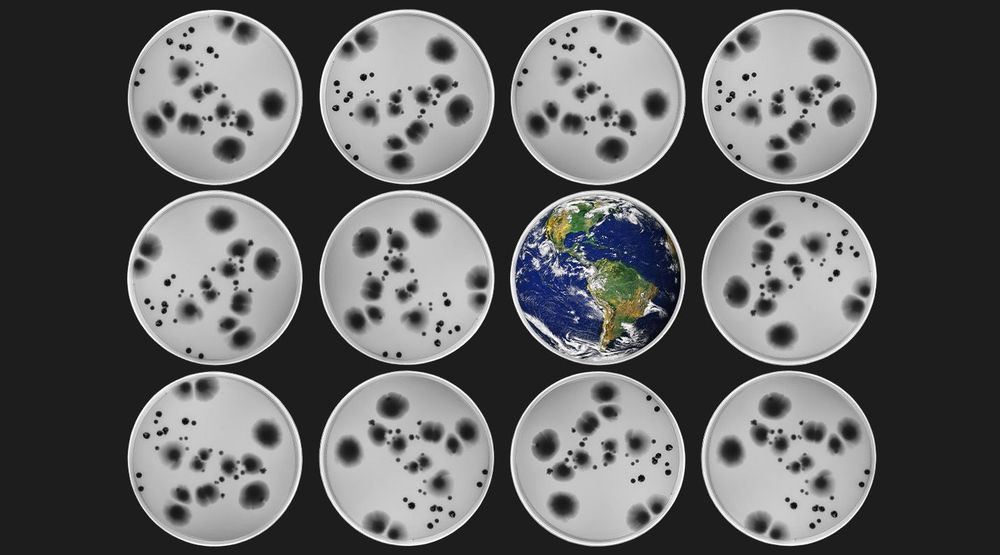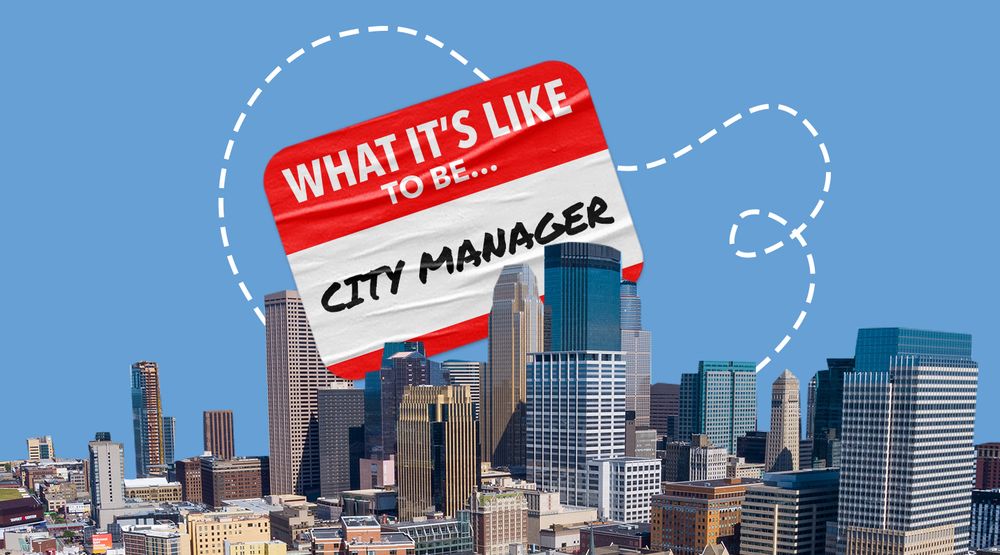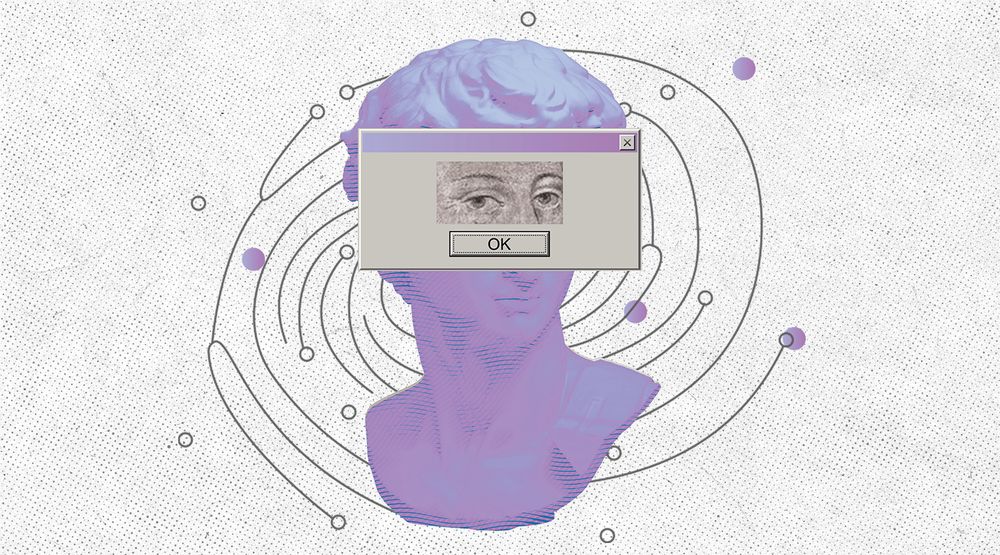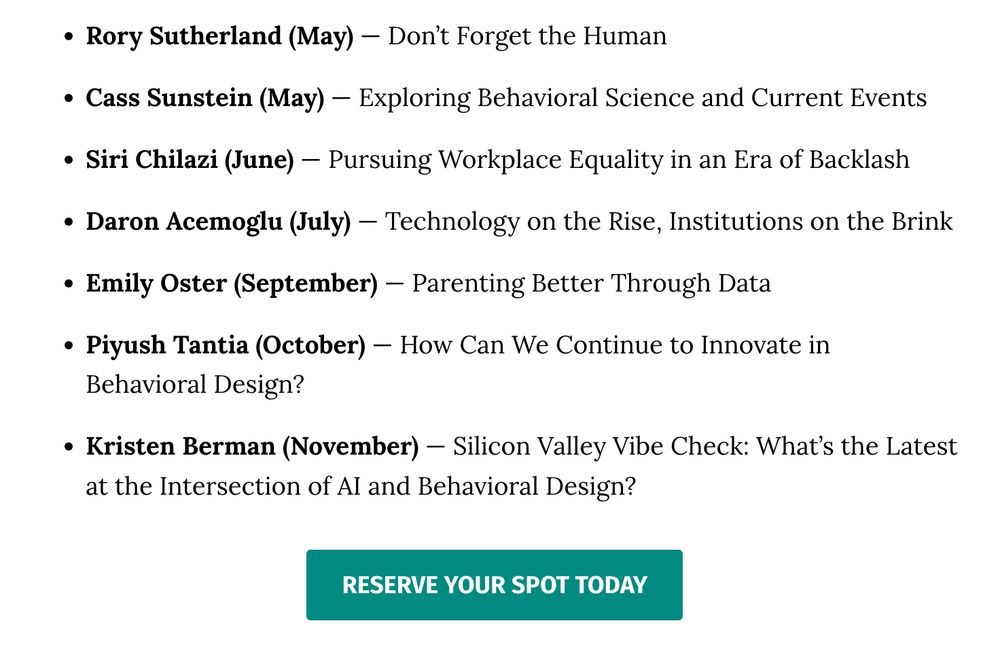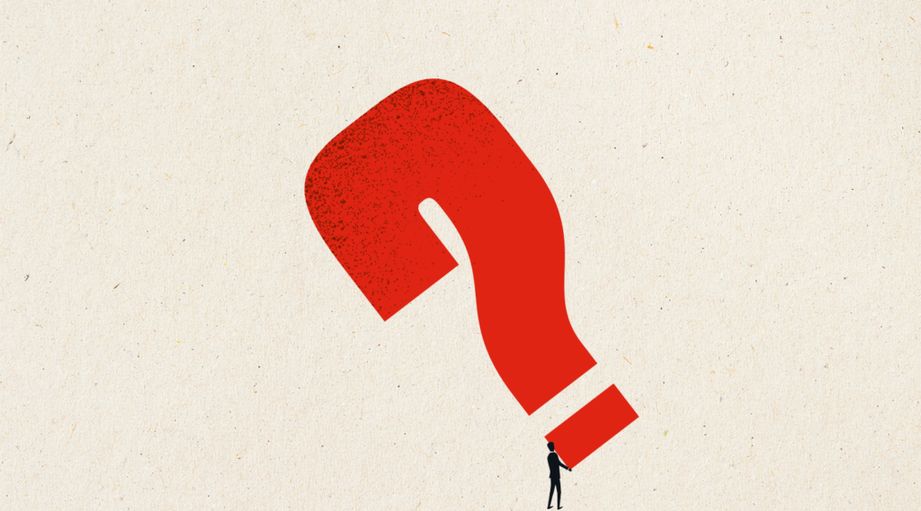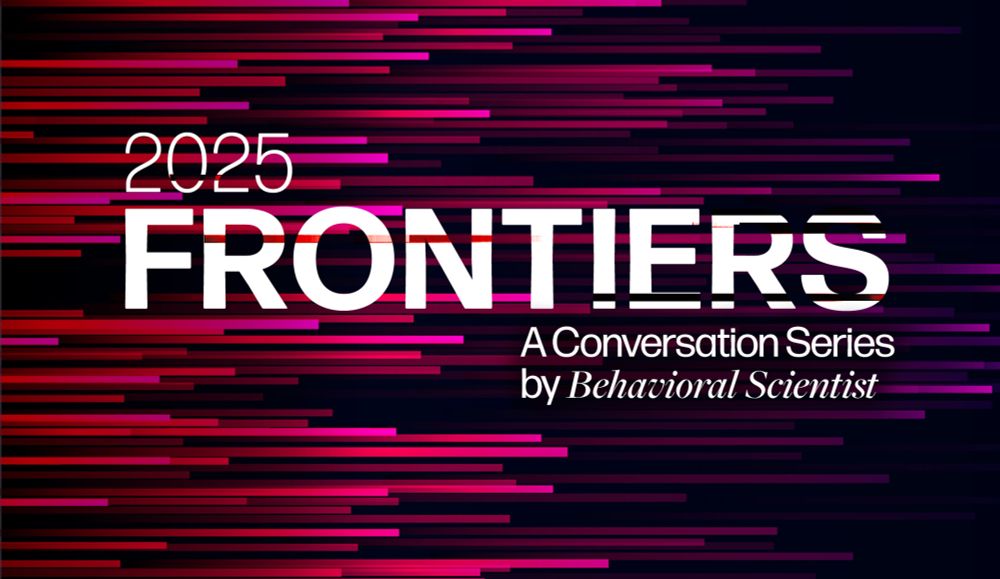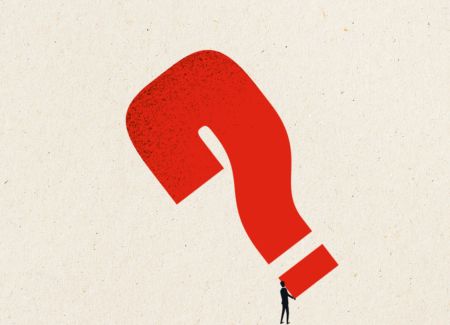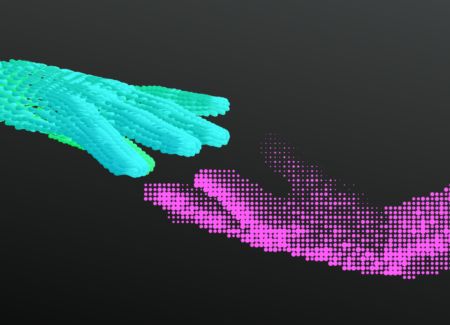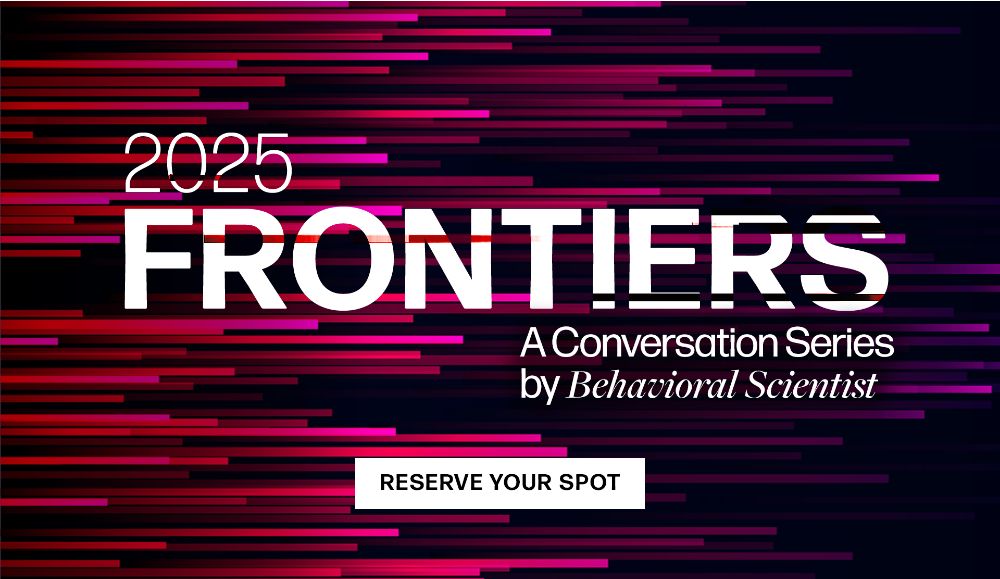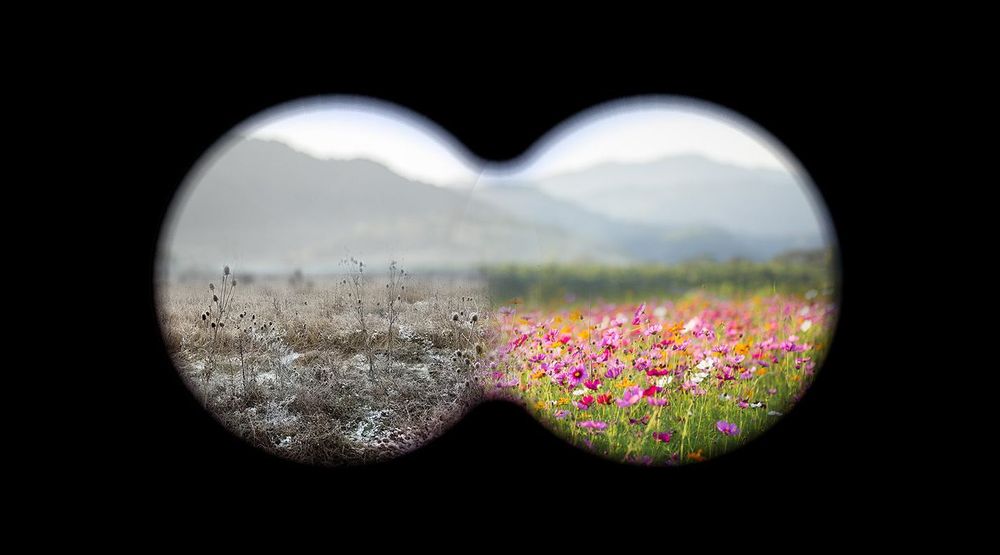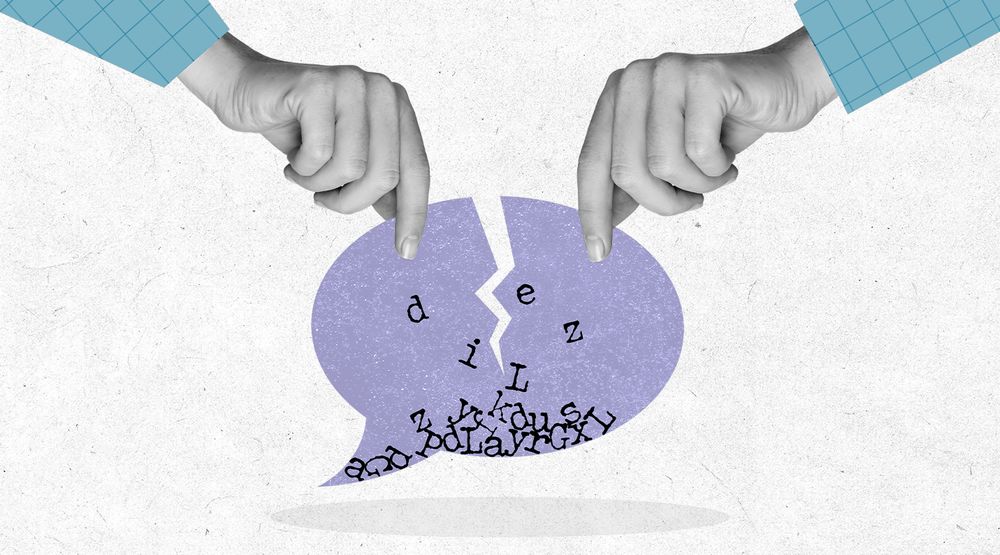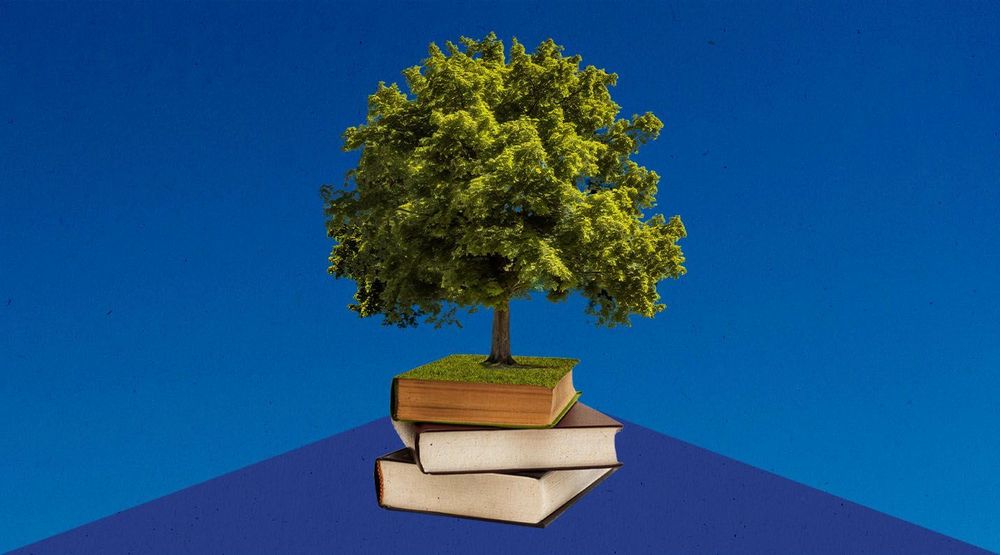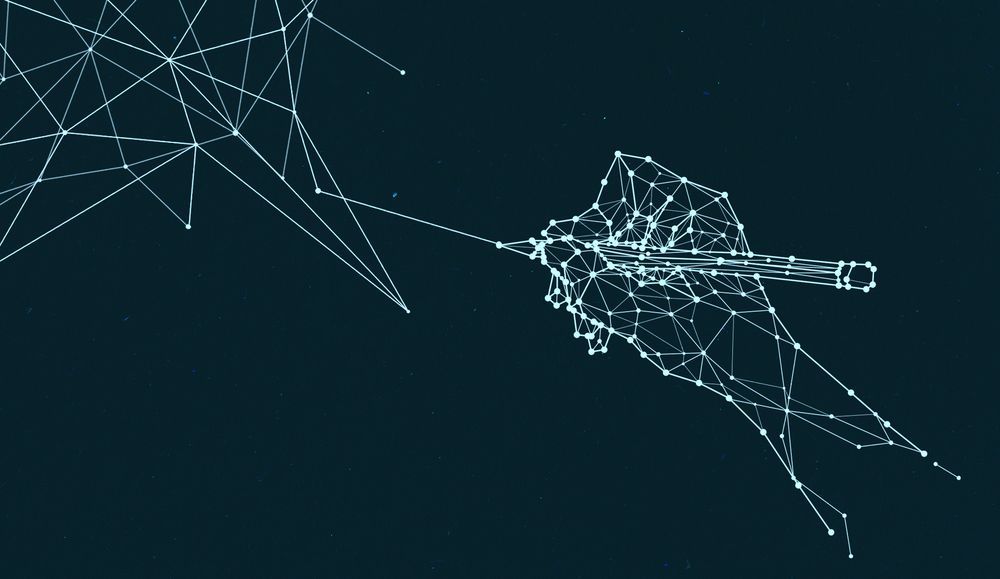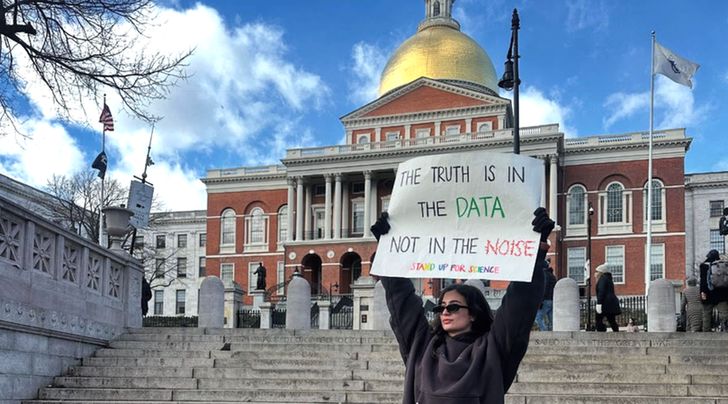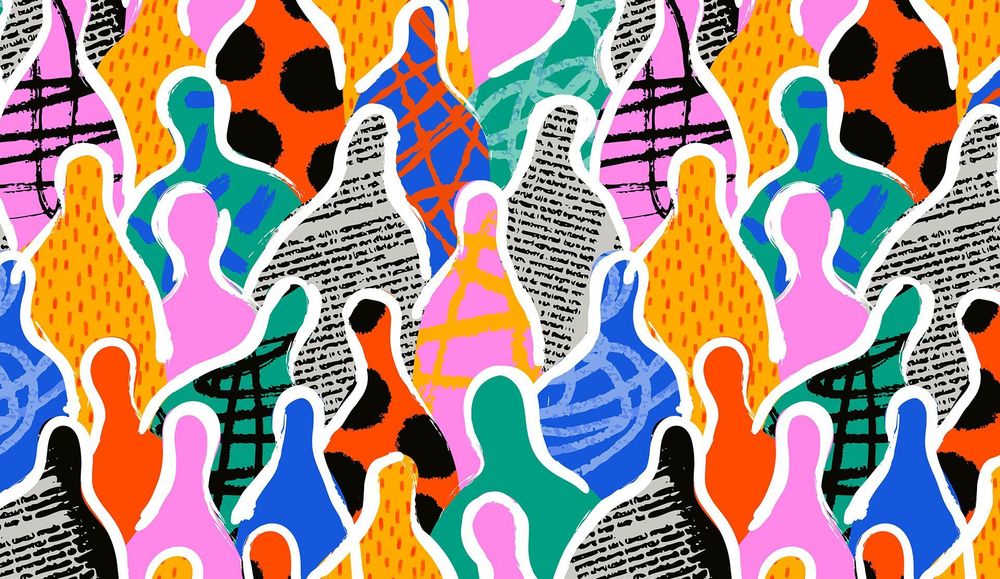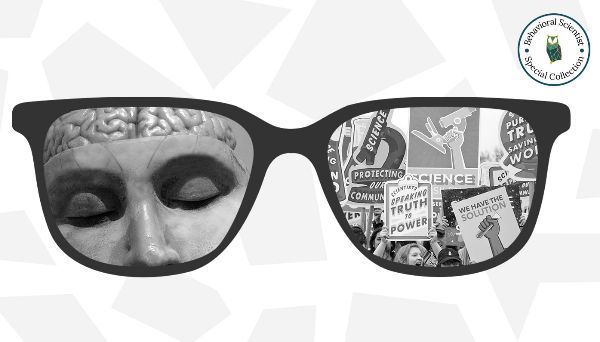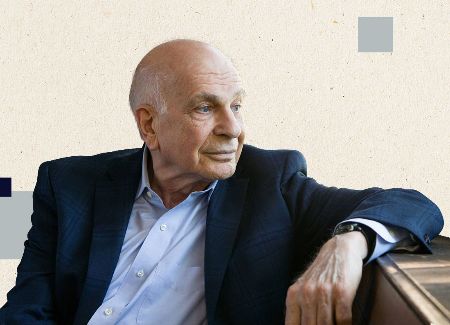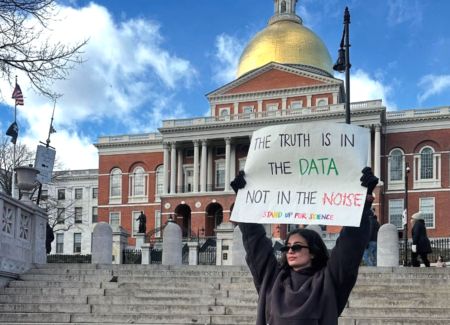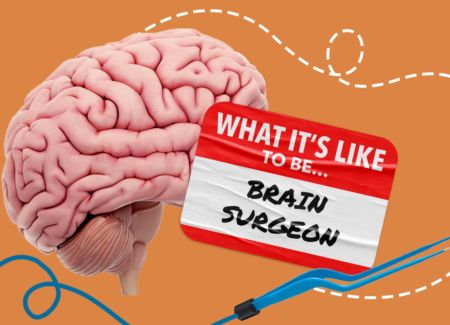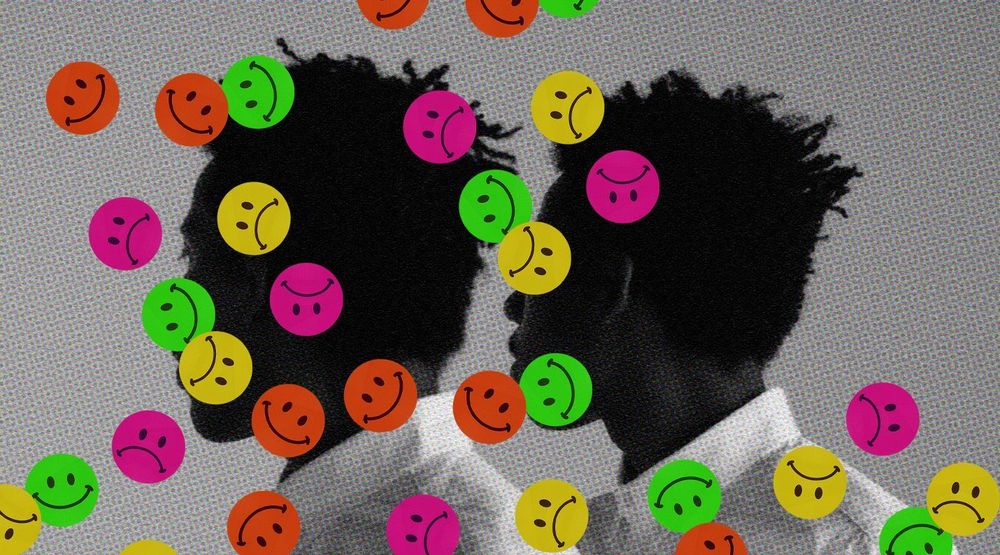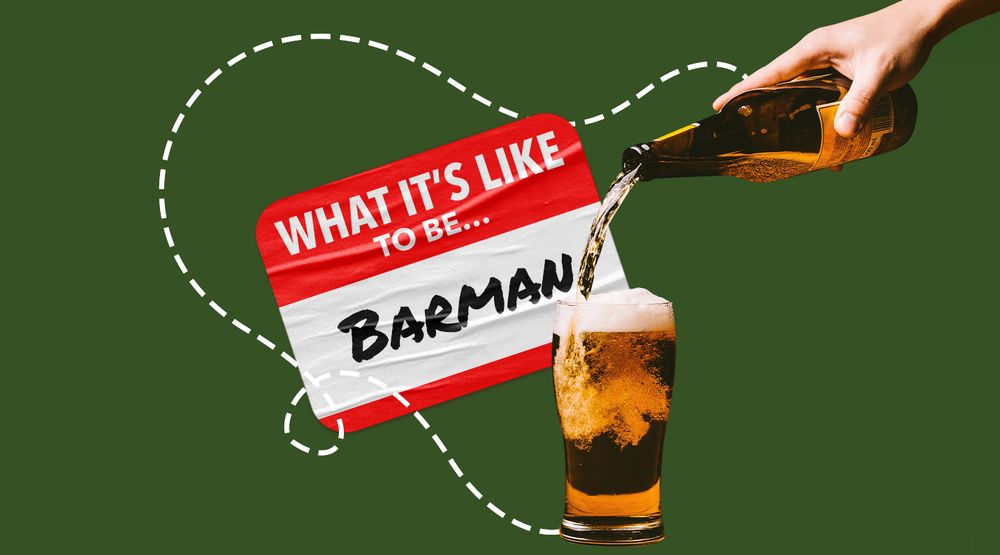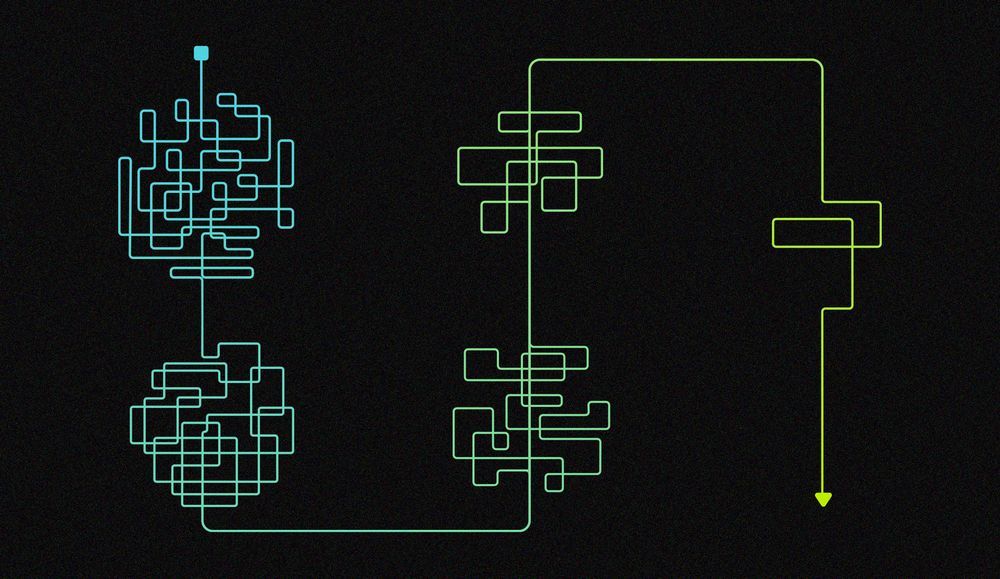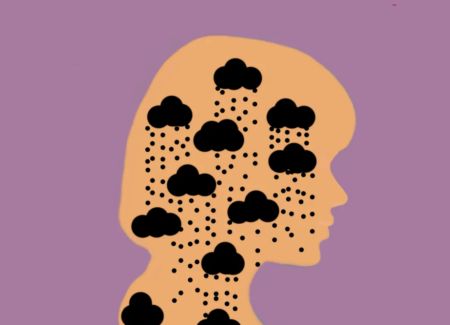Behavioral Scientist
Original, thought-provoking reports from the front lines of behavioral science. Learn more: https://behavioralscientist.org
- In this Wednesday’s perspective on behavioral science from the archive, Bing Feng and @dilipsoman.bsky.social discuss behavioral scientists as problem solvers, auditors, designers, and strategists in organizations.
- ICYMI: Why Simplicity Can Be Strength in a Complex World by @mhallsworth.bsky.social — “It’s intuitive to think that simplicity must be simplistic. Instead, we need to recognize that simple tools can be used in a sophisticated way.” behavioralscientist.org/why-simplici...
- “When ChatGPT Broke an Entire Field: An Oral History” by John Pavlus for @quantamagazine.bsky.social, plus more of what we're reading this week: behavioralscientist.org/what-were-re...
- Reposted by Behavioral ScientistAs intuitive as it seems, creating a complicated approach may not be the best response to complexity. @mhallsworth.bsky.social writes about the value of simplicity in applied behavioural science - in a world wrestling with personalisation, generative AI and complex adaptive systems 👇 bit.ly/4j2joIn
- This week’s Email Edition is here: The Parenthood Uncertainty Trap, Picking vs. Choosing, Plus, what we’re reading this week and more: mailchi.mp/behavioralsc... Sign up to stay in the loop: behavioralscientist.org/behavioral-s...
- Reposted by Behavioral Scientist[Not loaded yet]
- “For weeks, the solution to my problem seemed clear,” she writes. “I needed the answer to one essential question: How in the hell do I get my son to sleep through the night? If I could just get the answer to that question, everything would be okay!” behavioralscientist.org/the-parentho...
- In this weekend’s read from the archive, editor-in-chief Evan Nesterak speaks with @betsylevyp.bsky.social about how she approaches the craft of psychological science.
- New for Mother's Day: The Parenthood Uncertainty Trap by Elizabeth Weingarten "The more fast, easy answers I consumed, the worse I felt, and the further away I felt from having clarity about how to navigate the ever-present uncertainty of motherhood." behavioralscientist.org/the-parentho...
- ICYMI: How behaviorally-informed technologies are shaping global aid: - Digital assistants add capacity in crucial situations - Agent-based modeling to tailor support for refugees - Understanding the limits of technology that doesn’t take culture into account behavioralscientist.org/how-behavior...
- "It’s intuitive to think that simplicity must be simplistic. Instead, we need to recognize that simple tools can be used in a sophisticated way." — Michael Hallsworth behavioralscientist.org/why-simplici...
- In Uncertain Times, Get Curious. When we feel uncertain or anxious, our curiosity can go into hiding. But that’s “just when we need it most,” writes Elizabeth Weingarten. behavioralscientist.org/in-uncertain...
- A Wednesday perspective on behavioral science and tech, from the archive: Given the rapidly-evolving nature of AI, how can regulators mitigate harm without hampering innovation? And how can behavioral scientists help?
- “My Miserable Week in the ‘Happiest Country on Earth’” by Molly Young for @nytimes.com, plus more of what we're reading this week: behavioralscientist.org/what-were-re...
- With our conversation w/ Rory Sutherland this Wednesday, it’s time to revisit two of his articles. 1. Are We Too Impatient to Be Intelligent? - behavioralscientist.org/are-we-too-i... 2. Is Everything BS? - behavioralscientist.org/is-everythin... Join us: behavioralscientist.org/event-2025-f...
- “A World of Unintended Consequences” by Edward Tenner for @projectsyndicate.bsky.social, plus more of what we're reading this week: behavioralscientist.org/what-were-re...
- Happening this Wednesday: Don't Forget the Human with Rory Sutherland Date: Wednesday, May 7 Start time: 9:00 am San Francisco | 12:00 pm New York | 5:00 pm London | 6:00 pm Berlin Duration: 45 – 60 minutes Reserve your spot: behavioralscientist.org/event-2025-f...
- This week’s Email Edition is here: Why Simplicity Can Be Strength in a Complex World — Plus, what we’re reading this week and more: mailchi.mp/behavioralsc... Sign up to stay in the loop: behavioralscientist.org/behavioral-s...
- New on What It’s Like to Be… Dan Heath dives into the world of software engineering with Taylor Hughes, co-founder and CTO of Hypernatural.ai. If you’ve ever used YouTube’s “start at” feature when you’ve shared a video, you benefited from Taylor’s work. Listen now.
- Reposted by Behavioral Scientist[Not loaded yet]
- “We have all seen the limits of current AI systems . . . They struggle to understand our cultures, motivations, emotions, and social norms.” This, she argues, is why we are left with “systems that may seem technically very strong, but are actually socially misaligned.” — Anna Korhonen
- Behavioral Scientist’s former managing editor, Elizabeth Weingarten, is out with a new book about the power of asking questions. Read an excerpt on Behavioral Scientist: In Uncertain Time, Get Curious.
- Across the United Nations, researchers and practitioners are building behaviorally informed technologies that can address humanitarian challenges in new ways. Heather Graci reports on three that caught her eye during UN’s recent Behavioural Science Week.
- Your weekend read, from the archive: Is It All a Fluke? Lessons From Playing God in the Long-Term Evolution Experiment by @brianklaas.bsky.social
- Anxiety narrows our thinking. Curiosity expands it. Elizabeth Weingarten shares why cultivating curiosity—especially in moments of uncertainty—can help us reconnect with ourselves, others, and reveal new ways forward.
- “Pope Francis and the Path to a Just Economy,” by @martinguzman.bsky.social and @josephestiglitz.bsky.social for @projectsyndicate.bsky.social, plus more of what we're reading this week: behavioralscientist.org/what-were-re...
- New on What It’s Like to Be… Dan Heath speaks with someone who works in, what he calls, “the most important job that most people haven't heard of”—the role of city manager. Take a listen.
- Visions of AI and other emerging technologies volley between the sublime—humanity augmented, elevated—and the grim—humanity reduced to mere appendages of more intelligent machines. In between the two extremes lies a vision with implications for the lives of millions of people today.
- “Asking questions is not just about wanting to find the answer—it is also about our need to connect, with ourselves, with others, with the world,” - Elizabeth Weingarten This week, Weingarten explains how getting curious through asking questions can mitigate the anxiety that comes with uncertainty.
- This week, Editor Heather Graci reports back from the UN’s Behavioural Science Week about the ways behaviorally-informed technologies are shaping global aid and development on real problems, right now.
- A Wednesday perspective from Nathaniel Barr & @kellypeters.bsky.social, from the archive: The history of behavioral science is minuscule relative to its future. Looking ahead, what questions will behavioral scientists be called to answer?
- Check out our new online conversation series, Frontiers. The series will showcase behavioral science perspectives on contemporary issues, cutting edge approaches to applying behavioral science, and conversations on the craft of behavioral science and design. behavioralscientist.org/event-2025-f...
- When we feel uncertain or anxious, our curiosity can go into hiding. But that’s “just when we need it most,” writes Elizabeth Weingarten in her new article: In Uncertain Times, Get Curious.
- We are happy to announce a new online conversation series, “Frontiers,” where we’ll host live, online conversations with people who are pushing the boundaries of behavioral science. Find out more: behavioralscientist.org/event-2025-f...
- Check out our latest Email Edition: In Uncertain Times, Get Curious — plus, How Behaviorally-Informed Technologies Are Shaping Global Aid, what we’re reading this week and more: mailchi.mp/behavioralsc...
- Your weekend read, from the archive: “In study after study, most people fail to realize how generous, trustworthy, and open‐minded others really are. The average person underestimates the average person.” — Jamil Zaki
- Your Wednesday perspective on communicating science, from the archive: Goop Happens by @tracimann.bsky.social As important as our ideas are the words we choose to represent them. If we’re not careful, they can take on a life of their own.
- Reposted by Behavioral Scientist[Not loaded yet]
- In this weekend’s read, @newportcal.bsky.social discusses his philosophy of slow productivity, which rests on three ideals: Do fewer things. Work at a natural pace. Obsess over quality. From the archive:
- Your Wednesday perspective on behavioral science, from the archive: Tim Houlihan explains what the founding of behavioral economics teaches us about creating a meaningful movement.
- Reposted by Behavioral Scientist[Not loaded yet]
- Your weekend read, from the archive: When we turn to algorithms for recommendations instead of asking friends or going down hard-won cultural rabbit holes, what do we give up? By @chaykak.bsky.social
- Reposted by Behavioral Scientist[Not loaded yet]
- Massive disruptions to the scientific system in the U.S. mean the uncertainty scientists face is no longer about the nature of discovery but about the ability to do science at all.
- Reposted by Behavioral Scientist[Not loaded yet]
- Your Wednesday perspective on behavioral science, from the archive: Social science gives us ideas about human nature. Barry Schwartz asks what it means for science when those ideas don’t just describe our nature, but shape it?
- Reposted by Behavioral Scientist[Not loaded yet]
- “A University President Makes a Case Against Cowardice,” by Molly Fischer for @newyorker.com plus more of what we're reading this week: behavioralscientist.org/what-were-re...
- Check out our latest Email Edition: Spring Break and March Recap Catch up on any articles you missed over March, revisit an article you loved, or forward a favorite to a friend! mailchi.mp/behavioralsc...
- This week, from the archive: What might seem performative in one culture may feel like genuine connection in another. In her piece, cultural psychologist Batja Mesquita reflects on how moving from the Netherlands to the U.S. challenged her assumptions about emotion, honesty, and connection.
- In the newest episode of What It’s Like to Be…, Dan Heath steps behind the bar with Dublin barman Brian Wynne. They talk about what it’s really like to work in a pub—pouring pints for tourists, handling drunk patrons, and finding flow in the Friday night chaos.
- “Gutting the scientific ecosystem without offering viable alternatives isn’t reform—it could be setting the stage for collapse.” Chomik-Morales reports on the upheaval in U.S. science through the lens of an MIT neuroscientist and scenes from Boston’s Stand Up for Science rally.
- “So there we were, debating whether we would have to pursue our scientific careers in another country, on our way to advocate for science in America.” Uncertainty Takes Hold in American Science By Jessica Chomik-Morales
- Massive disruptions to the scientific system in the U.S. mean the uncertainty scientists face is no longer about the nature of discovery but about the ability to do science at all.
- New this week: Uncertainty Takes Hold in American Science In science, uncertainty is a given, but, as Chomik-Morales writes, the uncertainty U.S. scientists now face isn’t about data or discovery, it’s about whether scientists in the U.S. will have the resources to keep doing science at all.
- ICYMI: How Do You Become More Conscientious When You’re Not Conscientious Already? Olga Khazan explores how fear, imagination, a few missed deadlines, and some interesting research helped shift her mindset.
- Your Wednesday perspective, from the archive: Behavioral design as typically taught leaves us well-equipped to identify problems. Piyush Tantia wonders how a different approach might point us directly toward solutions.
- “You should be setting rejection goals” by @jilliana.bsky.social for @vox.com plus more of what we're reading this week: behavioralscientist.org/what-were-re...
